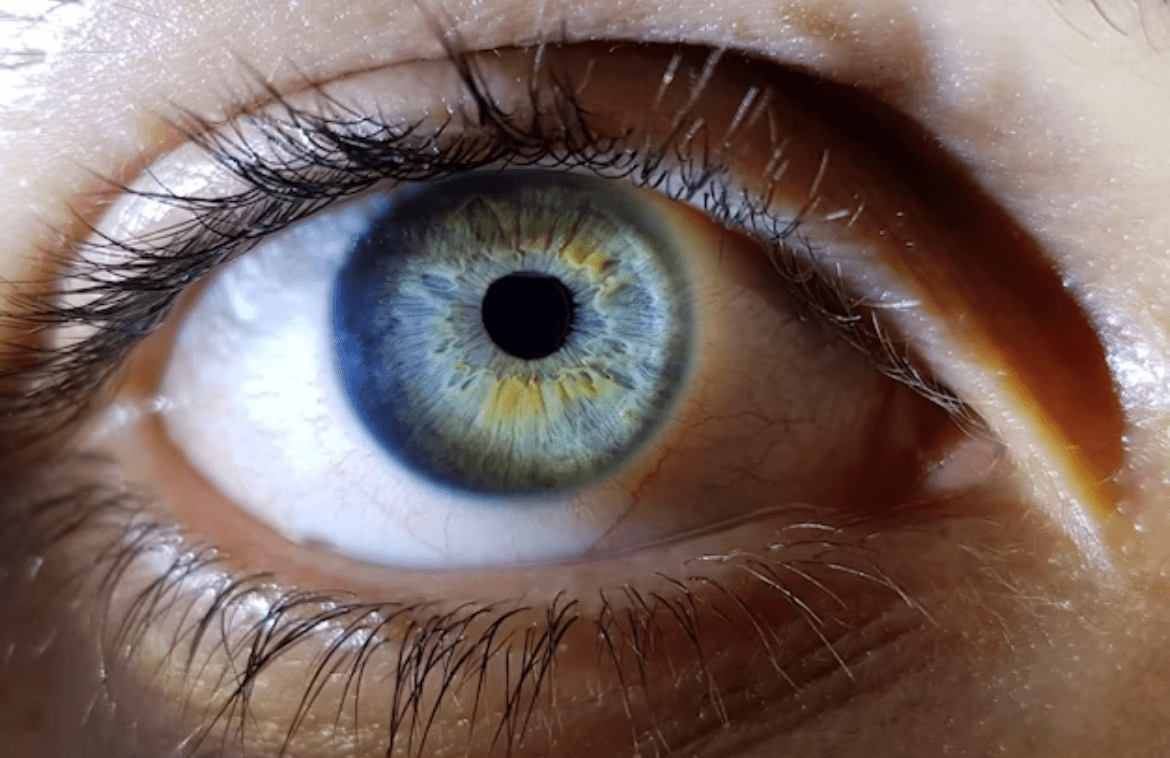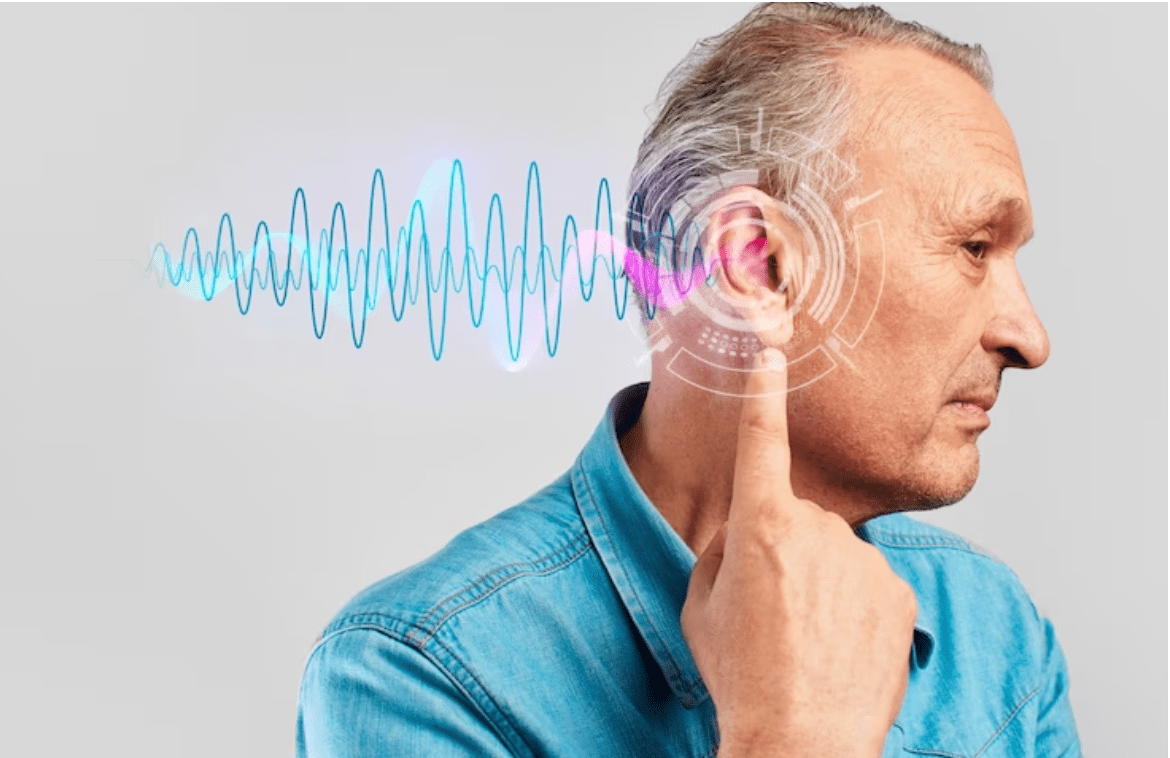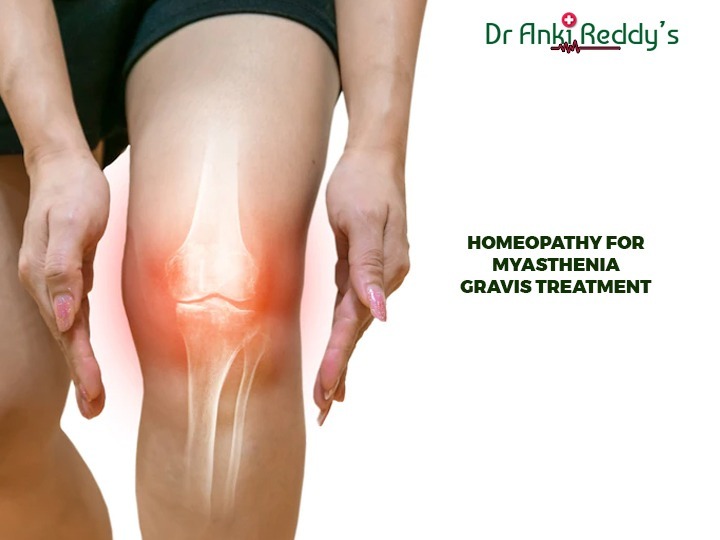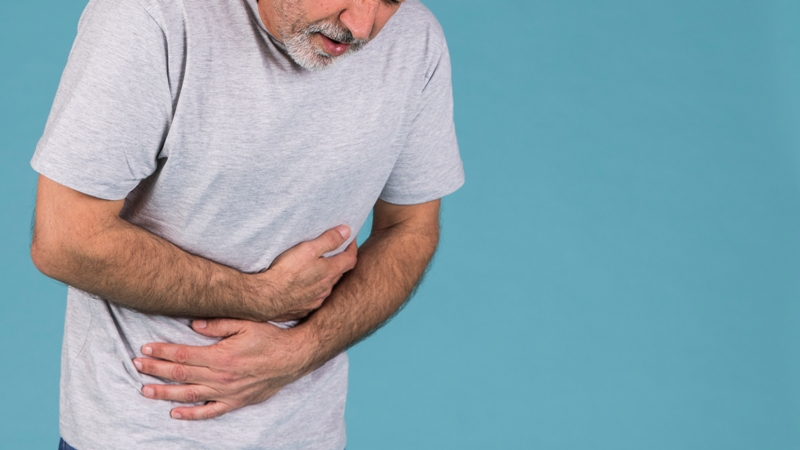What is PCOS in Women? Causes, Symptoms, and Treatment
PCOS in Women, Polycystic ovary syndrome happens to be a health problem with hormones that occur during the reproductive years. If having PCOS, the person may not have periods very often. Or she may have periods that last several days. A person may also have too much of a hormone known as androgen in one’s body.
With PCOS, several small sacs of fluid develop along the outer edge of the ovary. These are known as cysts. The small fluid-filled cysts do contain immature eggs. These are referred to as follicles. The follicles fail to regularly release eggs.
Causes of PCOS in Women
- The exact cause of PCOS is not really known.
- Factors that can play a role include:
- Excess androgen: the ovaries tend to produce abnormally high levels of androgen (male hormone), resulting in hirsutism (excessive facial hair) and also acne.
- Heredity: Research does suggest that certain genes may be linked to PCOS.
- Excess insulin: Insulin happens to be the hormone produced in one’s pancreas that allows cells to use glucose – the body’s primary energy supply. If the cells become rather resistant to the action of insulin, then blood sugar levels can rise and the body might produce more insulin.
- Low-grade inflammation: Research has indeed shown that women with PCOS do have a type of low-grade inflammation that stimulates polycystic ovaries in order to produce androgens, which can lead to heart as well as blood vessel problems.
Genetics
- Obesity can also enhance insulin levels and make PCOS symptoms worse.
PCOS Symptoms
The symptoms of PCOS vary like:
- Irregular periods- Having few menstrual periods or perhaps having periods that are not regular and are common signs of PCOS. So is having periods that tend to last for several days or longer than is typical for a period. For instance, the affected person might have fewer than nine periods a year. And those periods sort of occur more than 35 days apart. She may have trouble getting pregnant.
- Too much androgen- High levels of the hormone androgen can cause excess facial as well as body hair. This is known as hirsutism. Occasionally, severe acne and also male-pattern baldness can happen, too.
- Polycystic ovaries-One’s ovaries might be bigger. Several follicles containing immature eggs can develop around the edge of one’s ovary. The ovaries might not work in the manner they should.
- PCOS signs and symptoms are rather typically more severe in people suffering from obesity.
How is polycystic ovary syndrome treated?
One’s healthcare provider will indeed determine treatment based on one’s symptoms, medical history, and other health conditions, and if wanting to get pregnant. Treatments can rather include medications, lifestyle changes, or even a combination of both.
If not planning to be pregnant, treatments can include:
- Hormonal birth control: Options do include birth control pills, patches, shots, a vaginal ring, or an intrauterine device (IUD).
- Insulin-sensitizing medicine: Metformin is a drug used to treat diabetes. It works by helping one’s body process insulin. Once insulin is under control, few people with PCOS see improvements in their menstrual cycles.
- Medications to block androgens: Few medications can indeed block the effect of androgens.
- Lifestyle change: Eating a nutritious diet and also maintaining a body weight that is healthy for her can have a positive effect on insulin levels.
If wanting to become pregnant now or in the future, treatment for PCOS includes:
- Drugs do induce ovulation (releasing an egg): A successful pregnancy begins with ovulation. Certain drugs have indeed been proven to induce ovulation in people with PCOS.
- Surgery: A surgical procedure can rather help restore ovulation by removing tissue in one’s ovaries that produce androgen hormones. There are newer medications available too.
- Surgery is rarely performed.
- In vitro fertilization (IVF) helps with ovulation. Your provider fertilizes one’s egg with one’s partner’s sperm in a lab prior to transferring it to the woman’s uterus.
Conclusion
There is indeed no proven way to prevent PCOS, but small steps can be taken to reduce the symptoms.









There are no comments